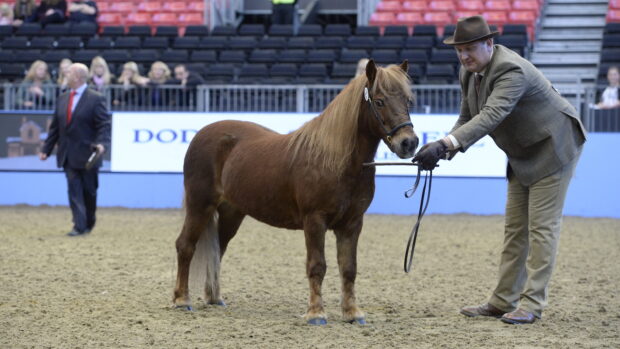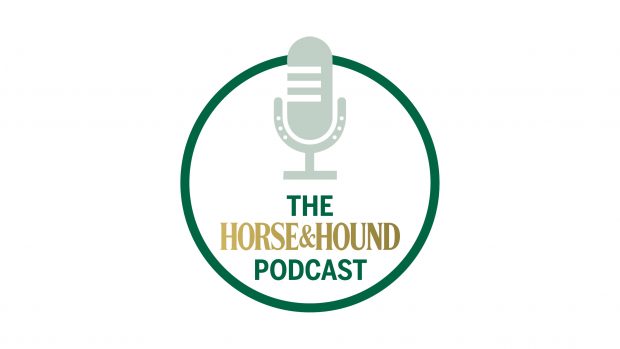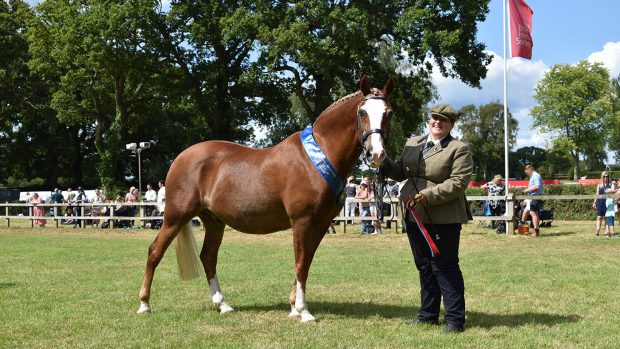Horses, like humans, are living longer, but old age brings its own set of problems. Poor teeth can make it difficult for elderly horses to chew long stem forage, while half-chewed food can result in choke.
Help the older horse with poor teeth by:
- selecting soft, leafy forages. If you squeeze a handful of hay and it hurts your hand,it is too fibrous for the older horse
- chopping your forage into smaller lengths or buying short-chopped products
- softening the concentrate ration with water before feeding, or using cooked cereal meals that can be made into a mash to reduce the risk of choke.
Research shows that the older horse is less efficient at digesting and absorbing certain nutrients. He also needs more energy than a younger horse to keep warm in the winter.
And, although specially-formulated feeds are available for the older horse, they are not suitable for every veteran. An elderly good-doer will do better a low-calorie product which promotes and maintains good health and condition without encouraging weight gain.
Recent research has found that ageing can have a significant impact on the population of microbes in the digestive system. To counteract this, owners can add a prebiotic to the diet of the older horse. Giving a prebiotic supplement may encourage the rapid increase of beneficial bacteria and so reduce digestive upsets.
Diseases and disorders
The older horse is more susceptible to certain diseases and disorders that require careful dietary management.
Cushings disease, a problem for older horses, comes with an increased risk of laminitis. The usual preventative measures for laminitis should be taken, including a low-starch diet and restricted grazing during high-risk periods.
Organ failure also means a change of diet. Horses with liver problems require a low protein intake, while ensuring their requirements for essential amino acids are met. A low fat and oil intake is also advisable.
Horses with kidney disease may need to have their diet altered to reduce their calcium intake, as excess calcium is excreted through the kidneys.
Click here to subscribe to Horse & Hound at a reduced rate.
To purchase a copy of Horse & Hound’s special feed issue (11 October) (tel: 020 8503 0588)




